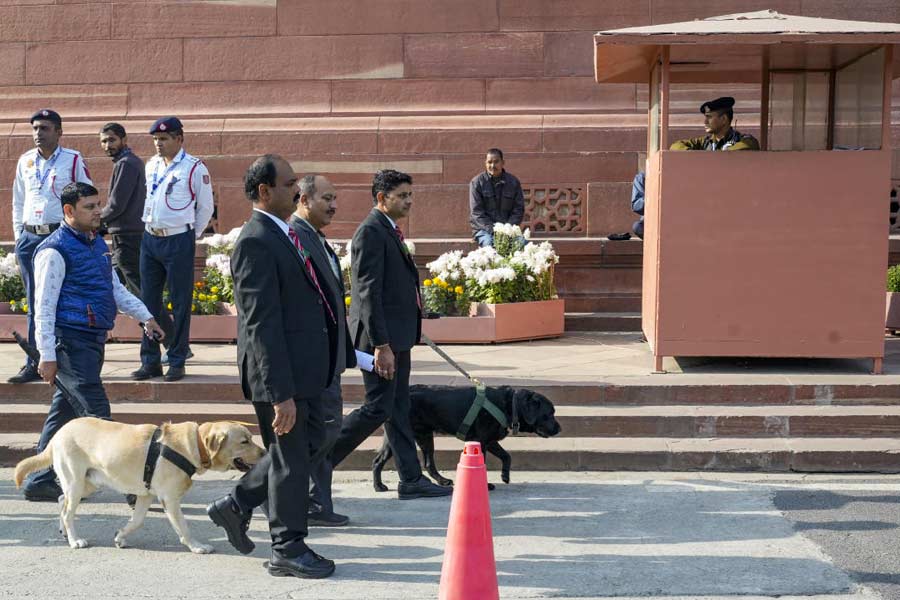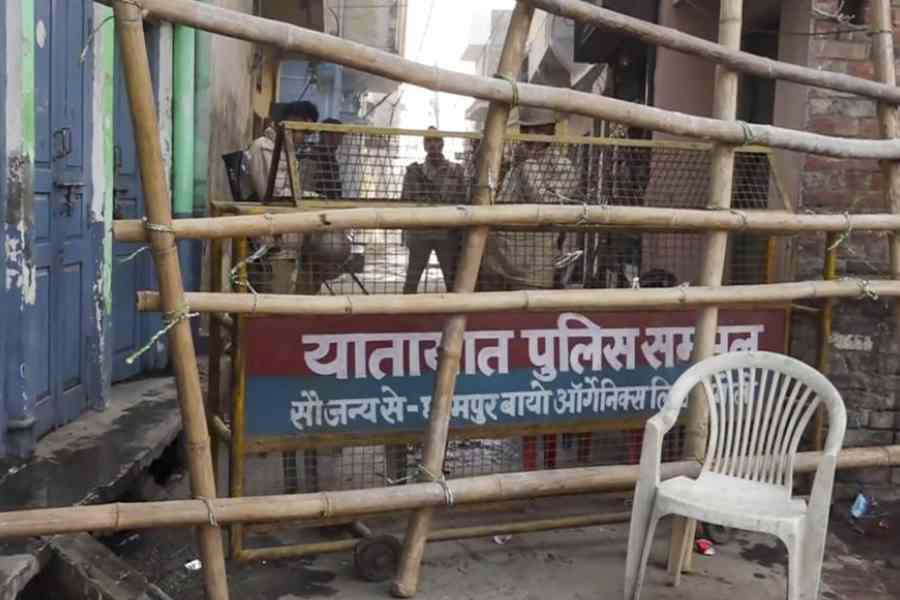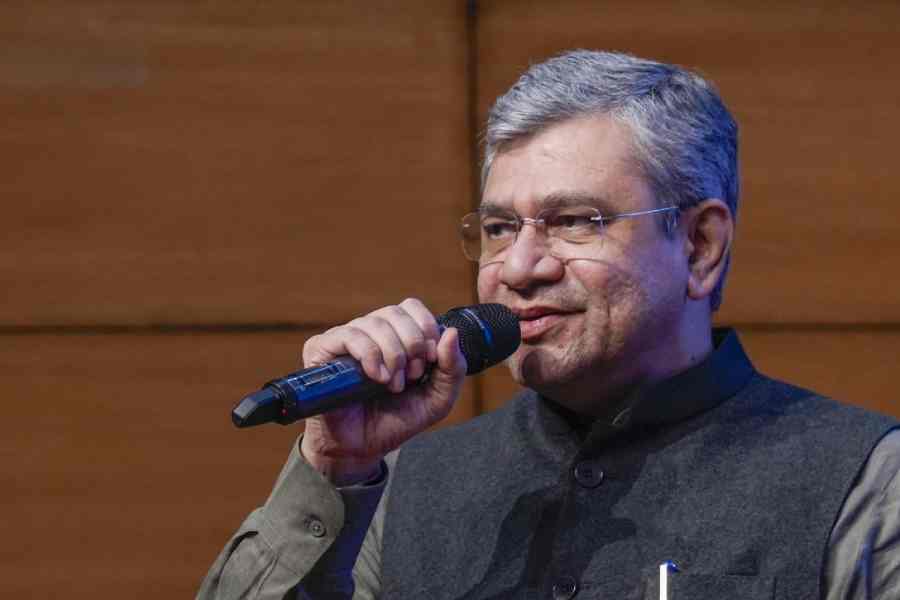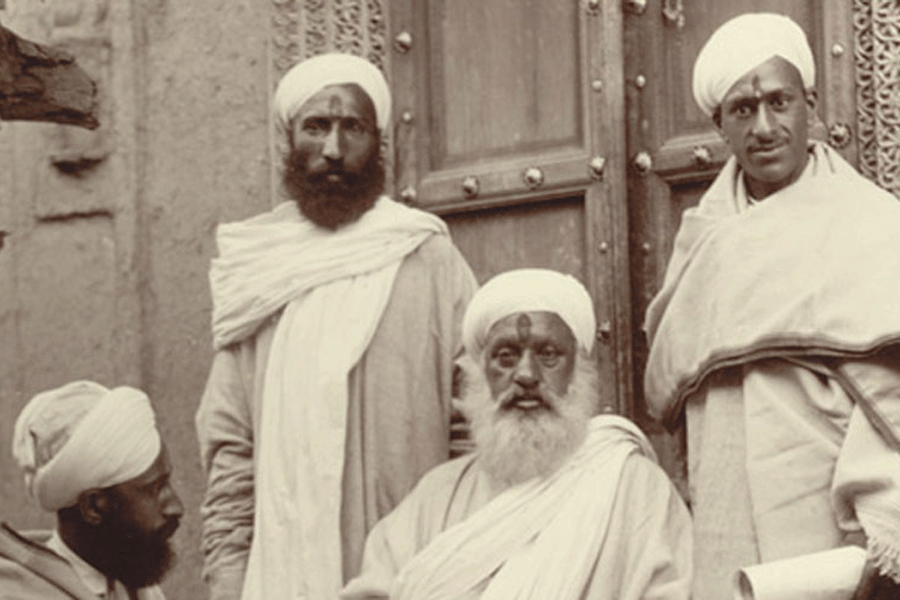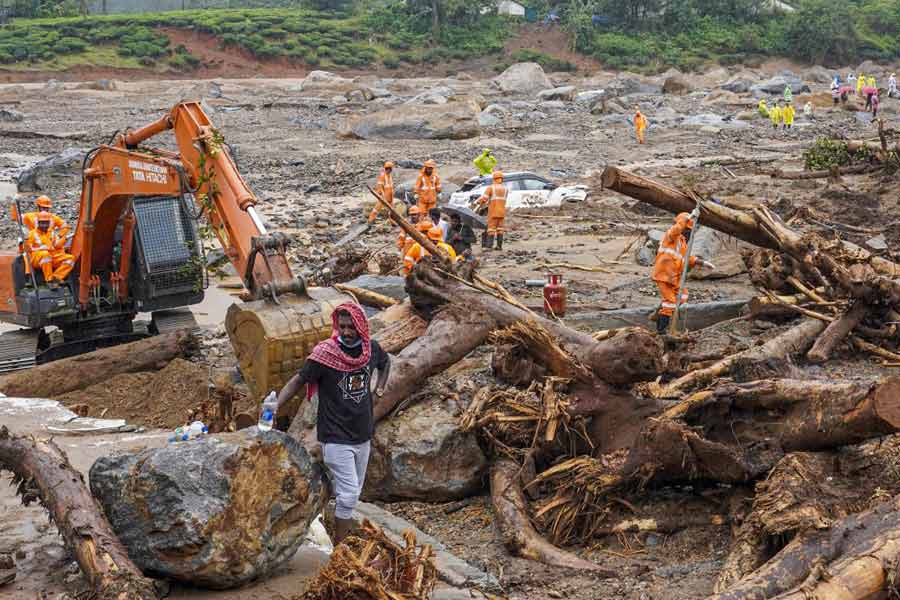Rising pollution levels in Delhi are impacting pets and street animals, causing health issues and behavioural changes that have concerned pet owners and animal welfare activists, veterinarians said.
Many animals are experiencing respiratory problems, with symptoms such as coughing, sneezing, vomiting, diarrhea, and chest congestion attributed to the city's worsening air quality, they said.
Sumit Nagar, a consulting veterinary doctor with the Delhi Forest and Wildlife Department, said that there has been an increase in cases of respiratory distress among animals.
Animals face issues similar to humans, including suffocation, lung damage, and respiratory inflammation. During during Diwali, there are additional cases of shock from noise pollution and burns, particularly in monkeys that accidentally touch wires, he said.
Pet owners are taking measures such as limiting outdoor walks to protect their pets from toxic air, but this has led to behavioural issues like pent-up energy and aggression in some dogs.
"The morning smog makes it difficult to take my dogs for walks. Exposure to toxic air causes them to cough and vomit," Sujata Bhattacharya, a resident of Pitampura said.
"Since masks are not an option for them, we have reduced outdoor time, but this has made them more aggressive. Outdoor activities are crucial for dogs to release energy, but even bathroom breaks expose them to harmful air," she said.
Cat owners have also observed changes, with many reporting their pets experiencing eye irritation and sneezing while avoiding outdoor spaces.
Ranjana Mukherjee, a pet owner from Gurugram said that her three cats have been sneezing and suffering from eye irritation.
She said her cats have stopped going outdoors, which is unusual for them and they seem low on energy due to the prevailing conditions.
For street animals, the situation is even worse. Reduced visibility during smoggy mornings and nights has led to an increase in hit-and-run cases, some animal activists claimed.
"Low visibility makes driving dangerous, and street animals often fall victim to accidents. Without shelter or protection, they are especially vulnerable," said Kanika Diwan, an animal welfare activist.
Street animal feeders are also facing challenges.
"The number of feeders has decreased because of the pollution. There's little awareness about how poor air quality impacts animals. Governments often ignore their issues because animals don't vote," said Gaurav, a feeder from Dwarka.
Sanjay Mohapatra, founder of a non-governmental organization, 'House of Stray Animals', emphasised the harmful effects of toxic air on street animals.
"Pollution irritates their eyes and skin, particularly for those living near industrial areas or busy roads. The situation is dire," he said.
Delhi has been grappling with a severe pollution crisis over the past few days, with a thick layer of smog enveloping the city particularly during early mornings and evenings.
The Air Quality Index (AQI) has consistently remained in the "severe" category in several areas, posing significant health risks to residents.
In response, authorities have implemented Stage 4 of the Graded Response Action Plan (GRAP), which includes strict curbs on construction, industrial activities, and vehicular movement.
Except for the headline, this story has not been edited by The Telegraph Online staff and has been published from a syndicated feed.

